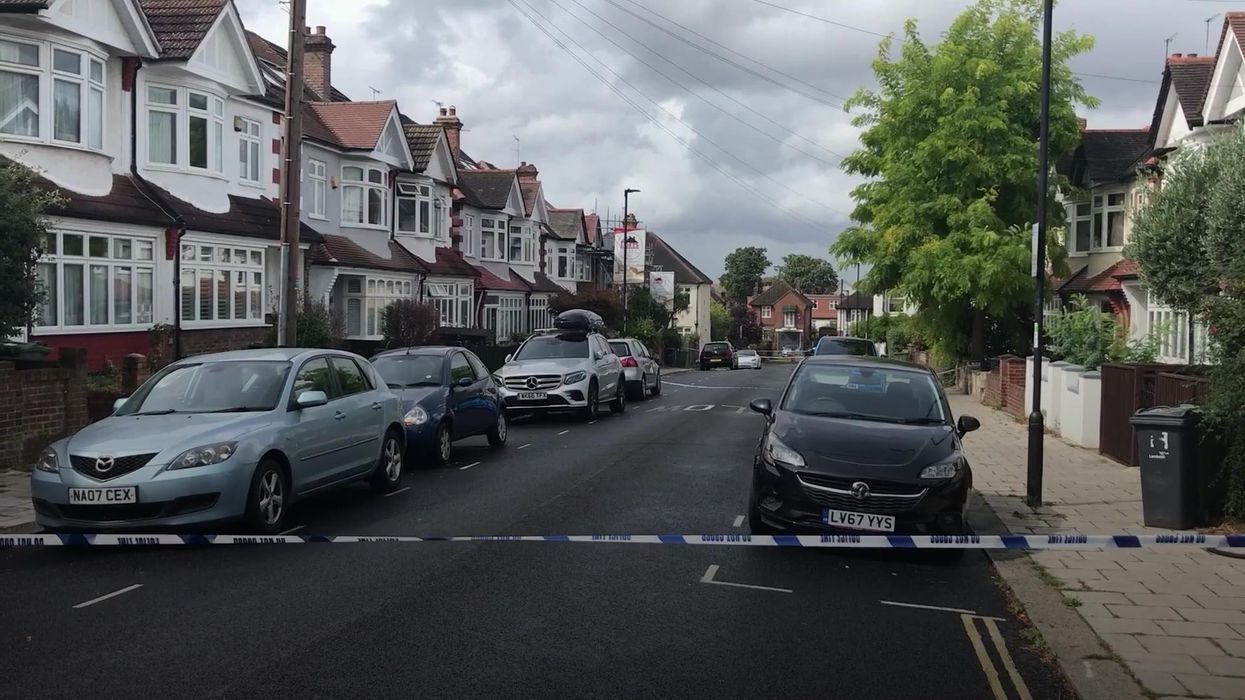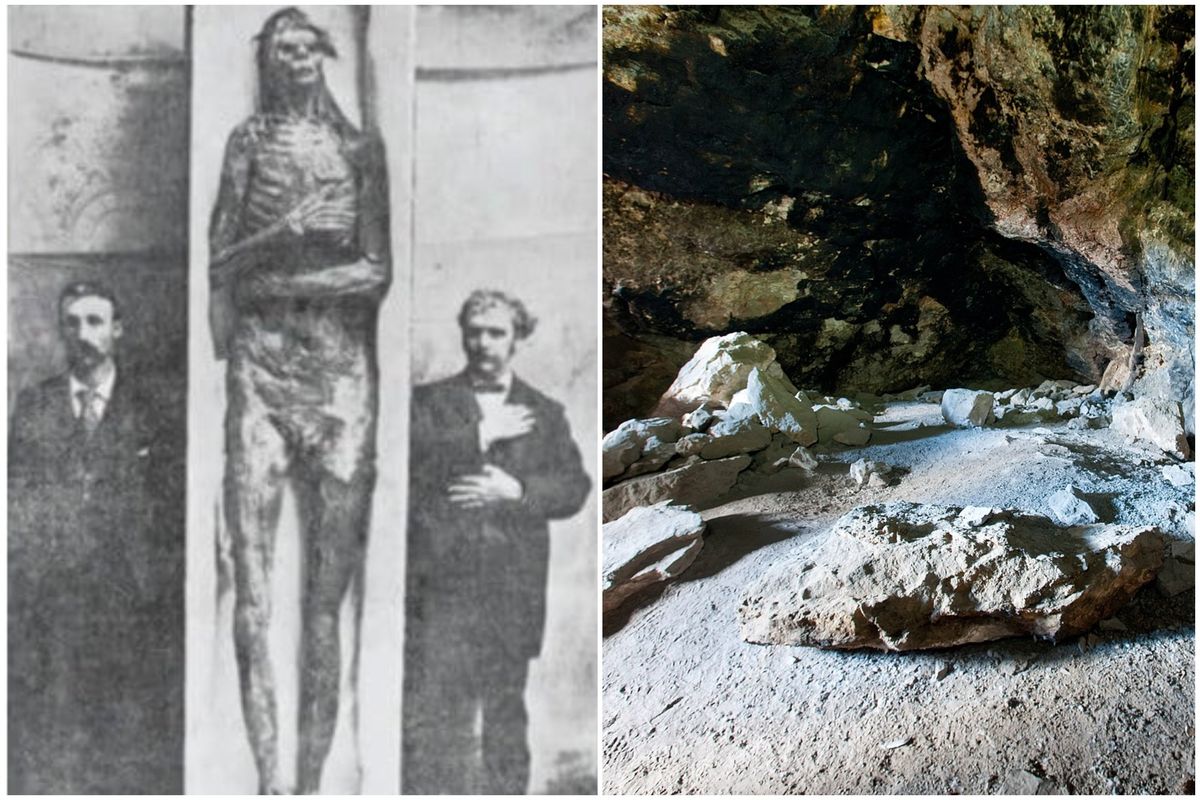News
Sinead Butler
Sep 13, 2022
Chris Kaba: IOPC launches homicide investigation into fatal shooting by Met Police ...
IndyTV
There has been widespread coverage of news of the Queen's passing at the age of 96 at Balmoral on Thursday (September 8),
While the Queen's passing after her 70-year reign and the ascension of King Charles III to the throne is a significant moment for the UK, it has meant that other important stories have arguably not received as much coverage.
Sign up to our free Indy100 weekly newsletter
So if you're worried you may have missed some other news stories in the past few days, here are some key ones to get you caught up with what else is going on around the world:
The police shooting of Chris Kaba
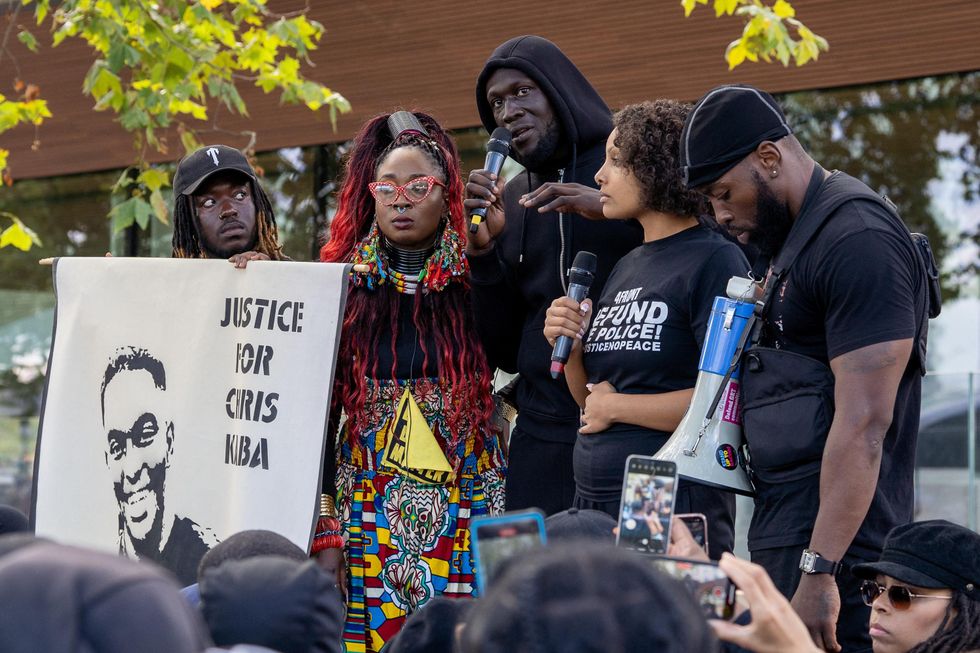
Chris Kaba, an unarmed Black man was shot by a Metropolitan Police firearms officer in Streatham Hill, south London on Monday (September 5) and died in hospital on Tuesday (September 6).
The 24-year-old - who was soon to be a husband and a father - was stopped by officers after his car was flagged by an automatic number plate recognition camera.
Kaba's family has demanded justice and for the officer to be immediately suspended.
Those calls were echoed at a protest march that took place in London on Saturday (September 10) where placards bearing the message "Justice for Chris Kaba" and “Black Lives Matter," and rapper Stormzy addressed the crowd with a powerful speech.
The Independent Office for Police Conduct (IOPC) has opened a homicide investigation and the Metropolitan police have suspended the firearms officer who shot dead Kaba from duty a week after the incident (September 12).
Liz Truss's energy plans
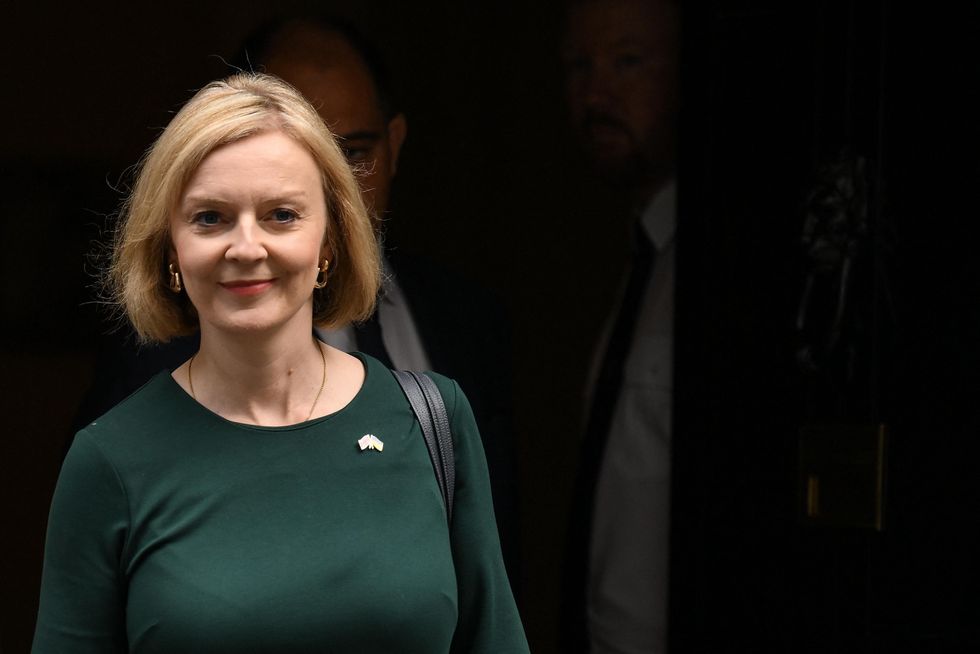
New prime minister Liz Truss announced on September 8 (before news of the Queen's passing) a new set of measures to tackle skyrocketing energy bills.
The measures include a £2,500 price cap for a typical household from October 1 this year and will remain in place for the next two years until 2024.
On average, this will save households around £1,000 a year on future bills in England, Scotland and Wales, while Northern Ireland will receive similar support.
A £400 rebate will also go ahead as planned from October.
Though Truss's measures are set to give Britain’s richest households twice as much financial support with living costs as the poorest households, a leading thinktank has said.
Breaking down the costs, The Resolution Foundation said the government’s “energy price guarantee" and cuts in national insurance will mean the richest tenth of UK households would receive on average £4,700 in support while a household in the poorest tenth will receive just £2,200 in support on average.
Slower growth in the UK economy
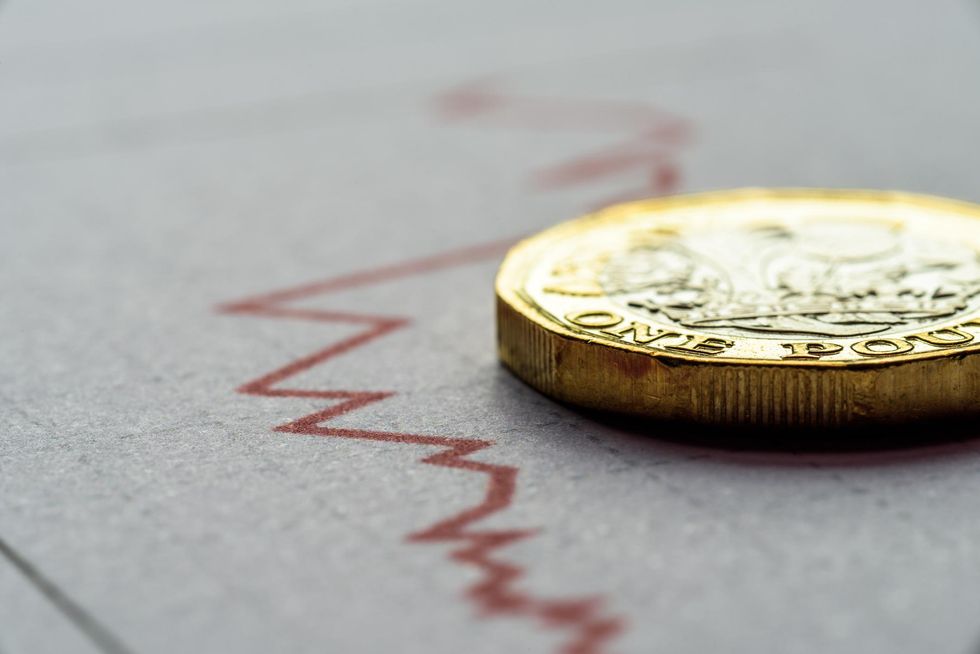
Official data has shown the UK economy's growth in July was slower than expected with an increase of just 0.2 per cent.
The Office for National Statistics said that the UK hosting the Women's Euros this summer helped the services sector contribute the most growth.
While the Queen's Platinum Jubilee celebrations in June cause gross domestic product (GDP) to fall by 0.6 per cent due to the extra bank holiday.
The economy may be impacted by the Queen's funeral on September 19, which has been classed as a bank holiday, along with the 10 days of national mourning. Experts believe this may push the country into recession quicker than anticipated.
The latest from the Ukraine war
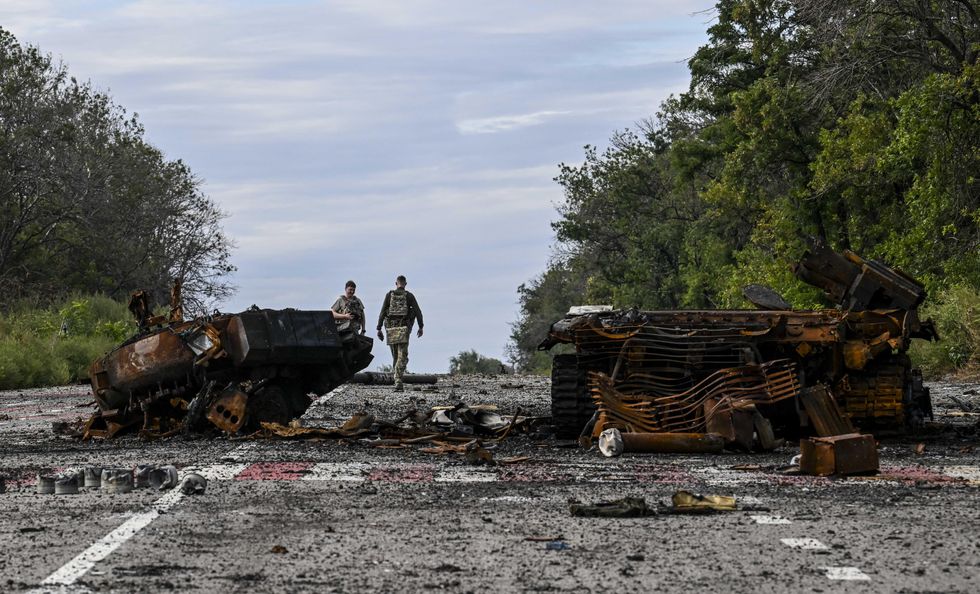
There have been reports of "significant gains" by Ukrainian forces in a counter-attack in the Kharkiv region, outnumbering Russian forces.
The Ukrainian army said it has continued its counter-offensive in the north-east of the country and has taken back 20 villages in the past 24 hours, BBC reported.
Meanwhile, Russia attacked power stations and other infrastructure, causing blackouts in the Kharkiv and Donetsk regions of eastern Ukraine on Sunday (September 11).
Ukrainian president Volodymyr Zelensky condemned the "deliberate and cynical missile strikes" against civilian targets as acts of terrorism, according to AP.
As Ukraine's counter-offensive continues, in a video address on Monday (September 12) Zelensky provided an update on the progress of his troops: "From the beginning of September until today, our warriors have already liberated more than 6,000 sq km of the territory of Ukraine - in the east and south".
"The movement of our troops continues."
While Russia acknowledged losing the northern region of Kharkiv, it described its troop withdrawal from the area as a "regrouping" to focus on the eastern regions of Luhansk and Donetsk.
Growth of the Swedish far-right
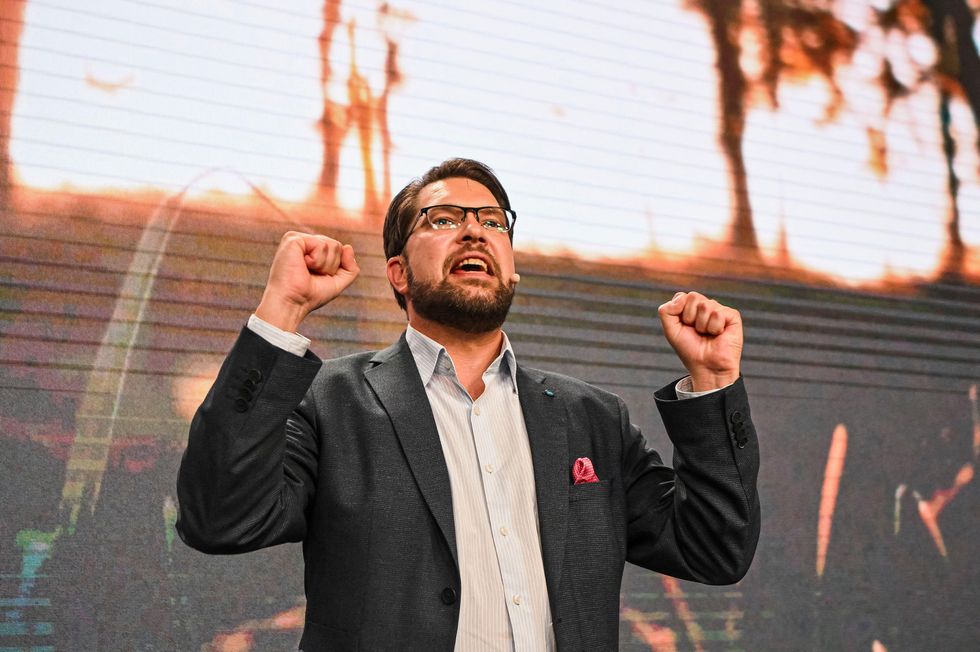
Sweden's far-right was the big winner in the country's latest election with the populist anti-immigration party Sweden Democrats led by Jimmie Akesson having its best showing with 21 per cent of the vote.
The Sweden Democrat party was previously shunned due to its roots in the neo-Nazi movement.
Prime minister Magdalena Andersson heads a left-wing bloc and while her party, the Social Democrats won the biggest slice of the vote at 30.5 per cent, the remaining bloc of four left-wing parties failed to win a majority of the 349 required to control the country's parliament (Riksdag).
With 95 per cent of the votes counted, the final result will not be known until later this week but it looks like the right bloc have a narrow lead over the left bloc.
Have your say in our news democracy. Click the upvote icon at the top of the page to help raise this article through the indy100 rankings.
Top 100
The Conversation (0)
